The Follicle-stimulating hormone (follitropin or FSH for short) belongs to the sex hormones. In women it is responsible for the maturation of the egg cell or follicle growth, in men it is responsible for the production of sperm. The FSH is formed in the pituitary gland in both sexes.
What is Follicle Stimulating Hormone?
.jpg)
The follicle-stimulating hormone is produced in the pituitary gland. Based on its name, it could be assumed that it occurs exclusively in a woman; But this is not the case.
The FSH is required for follicle growth, for follicle maturation and indirectly for egg cell maturation. Men need FSH for sperm formation (spermatogenesis), albeit in a comparatively small amount. FSH is therefore directly important for the fertility of both sexes. An FSH deficiency can lead to infertility or the inability to conceive.
Production, manufacturing & education
The female monthly cycle is controlled by the fine interaction of various hormones. The FSH plays a central role in this. At the beginning of a new cycle, the midbrain first produces the gonadotropin releasing hormone (GnRH for short).
The GnRH stimulates the pituitary gland to produce luteotropin (LH for short) and FSH. The FSH causes several follicles to mature in the woman's ovaries. It stimulates the formation of estrogen in the follicles and at the same time activates the activity of cells inside the follicle - the granulosa cells - which in turn supply the follicles in the follicles with nutrients.
Thus, egg cells mature, which, under certain conditions, can later be fertilized and grow into an embryo. The production of FSH stops around the 10th day of the female cycle, namely when the leading follicle has released a mature follicle into the fallopian tube (ovulation).
A man's pituitary gland continuously releases FSH, albeit in small amounts. In the male body, FSH stimulates the maturation of sperm (spermatogenesis).
Function, effect & properties
FSH is an endogenous hormone that is produced in the pituitary gland. It is more directly related to a person's fertility, as it is responsible for the maturation of fertilizable egg cells as well as for spermatogenesis in men.
The production of FSH is controlled by the higher-level hormone GnRH, which is produced in the midbrain. In men, the production of FSH remains roughly constant over his entire life, i.e. The sexually mature male's pituitary continuously releases a certain amount of FSH.
The woman's body, on the other hand, ceases to be fertile around the age of 50 (menopause). In this phase, the midbrain will not produce GnRH and consequently the production of FSH will also largely cease. Follicle maturation and ovulation are then no longer possible; a woman can then no longer have a child naturally.
Sometimes it happens that even relatively young women do not produce FSH or produce the wrong amount. A leading follicle can then neither develop nor ovulation. A woman usually notices this when her menstrual period starts irregularly or does not start at all, even though she is not pregnant. Often the lack of FSH is responsible for polycystic ovary syndrome (PCO).
Here the woman forms countless follicles, but due to the low FSH concentration, no leading follicle is produced. Ovulation and pregnancy are then not possible. As part of fertility treatment, an FSH deficiency can be regulated by taking medication (e.g. single preparation Fertavid®, Puregon®; combination preparation Pergoveris®).
Illnesses, ailments & disorders
The most obvious clinical picture of a woman suffering from FSH deficiency is her sterility, her most common complaint is an irregular menstrual cycle.
If there is an underproduction of FSH, follicles mature in the body. However, they are not fully developed and no follicle can take over the leading function (polycystic ovary syndrome). The result is a disturbed menstrual cycle, as neither ovulation nor the formation and subsequent bleeding of the uterine lining can take place.
The woman notices an irregular bleeding up to and including a complete absence for several months without a pregnancy. Since ovulation occurs irregularly or not at all, the likelihood of becoming pregnant is low or nonexistent. Women with PCO or FSH deficiency can still have a child as part of fertility treatment.
The FSH deficiency can be compensated for with medication (e.g. Puregon®) so that the woman either ovulates herself or allows enough fertile egg cells to mature so that IVF can then be carried out. If you have an irregular cycle and want to have children, a visit to the doctor is always indicated.

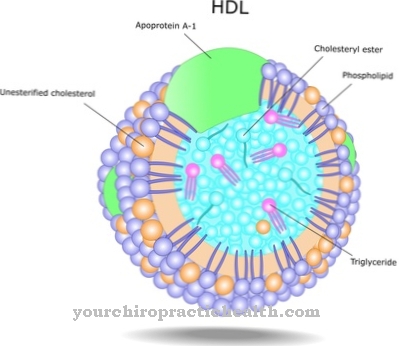

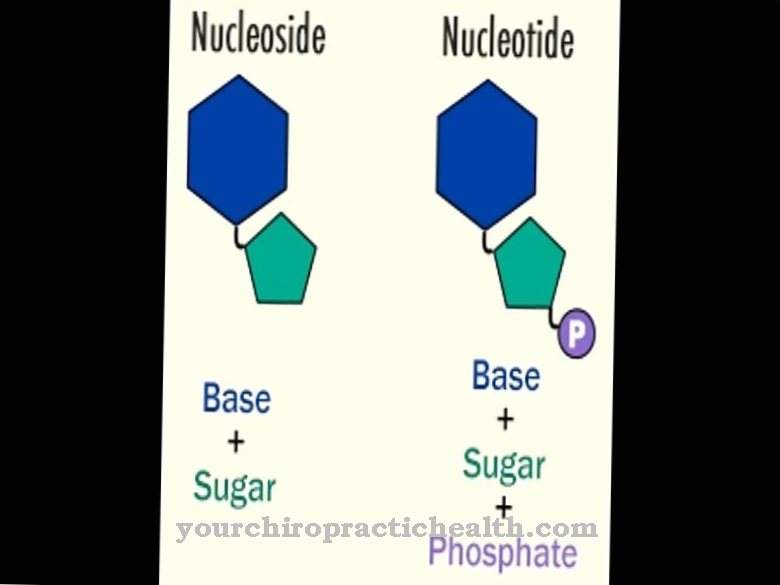
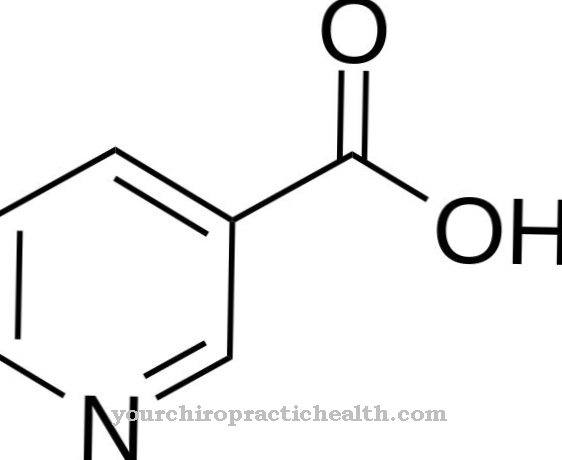
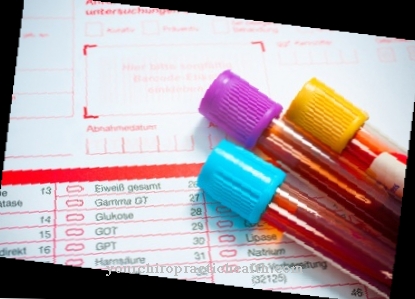
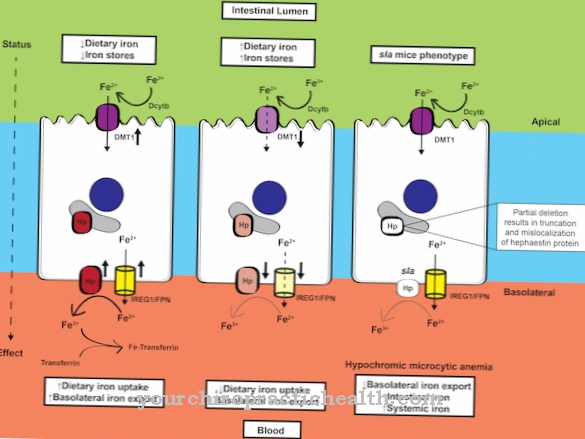






.jpg)

.jpg)
.jpg)











.jpg)